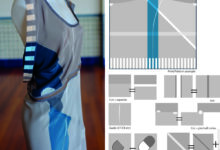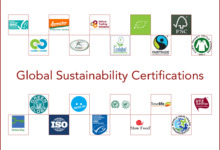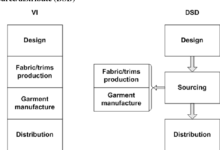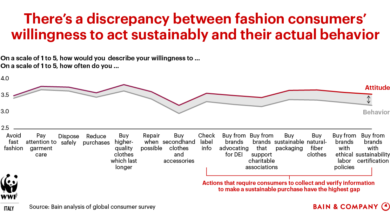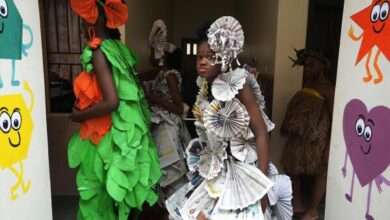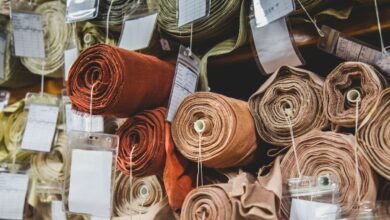The Role Of Fashion Education In Supporting Sustainabilty

The Role of Fashion Education in Sustainability plays a significant role in shaping the fashion industry’s future. At Chokerclub, we recognize the importance of integrating sustainability into fashion education to foster responsible and eco-friendly practices. As fashion continues to impact both society and the environment, it is essential for aspiring professionals to be equipped with comprehensive knowledge on sustainable practices within the industry.
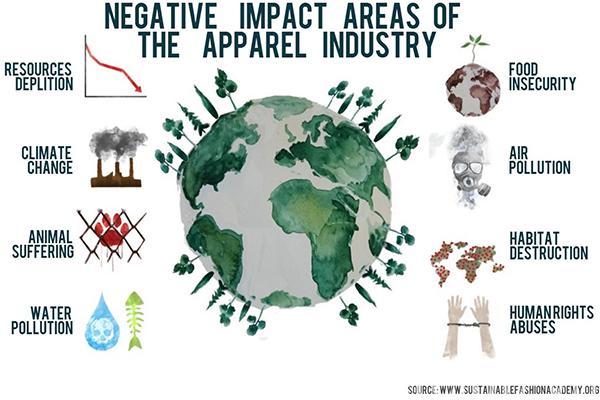
I. The Importance of Fashion Education in Promoting Sustainability
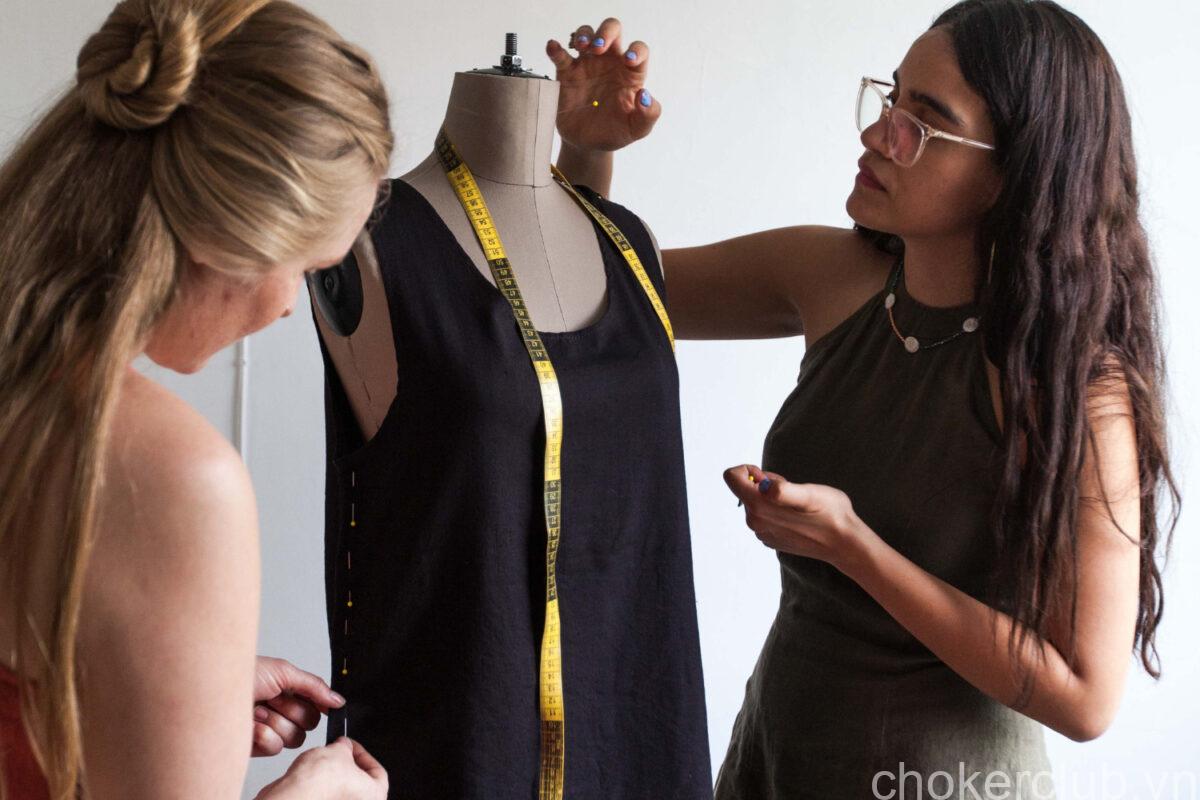
Fashion education plays a crucial role in promoting sustainability by equipping students with the necessary design skills focused on eco-friendly practices. Through courses and workshops, aspiring fashion professionals learn about sustainable materials, ethical production methods, and innovative design techniques that reduce waste and minimize environmental impact.
For instance, fashion schools can teach students pattern-making techniques that optimize fabric usage, reducing textile waste. They can also introduce concepts such as upcycling and zero-waste design, encouraging students to reimagine and repurpose materials rather than discarding them. This emphasis on sustainable design skills empowers future fashion designers to create collections that prioritize environmental responsibility.
II. Benefits of Incorporating Sustainability into Fashion Education
Sustainability education in fashion empowers students to become conscious consumers. By understanding the impact of their choices, they can make informed decisions when purchasing clothing and accessories. They learn about the environmental and social implications of fast fashion and become advocates for ethical and sustainable practices in the industry.
Additionally, incorporating sustainability into fashion education encourages students to explore alternative ways of dressing sustainably, such as second-hand shopping, upcycling, or supporting eco-friendly brands.
III. The Role of Fashion Schools in Driving Sustainable Practices
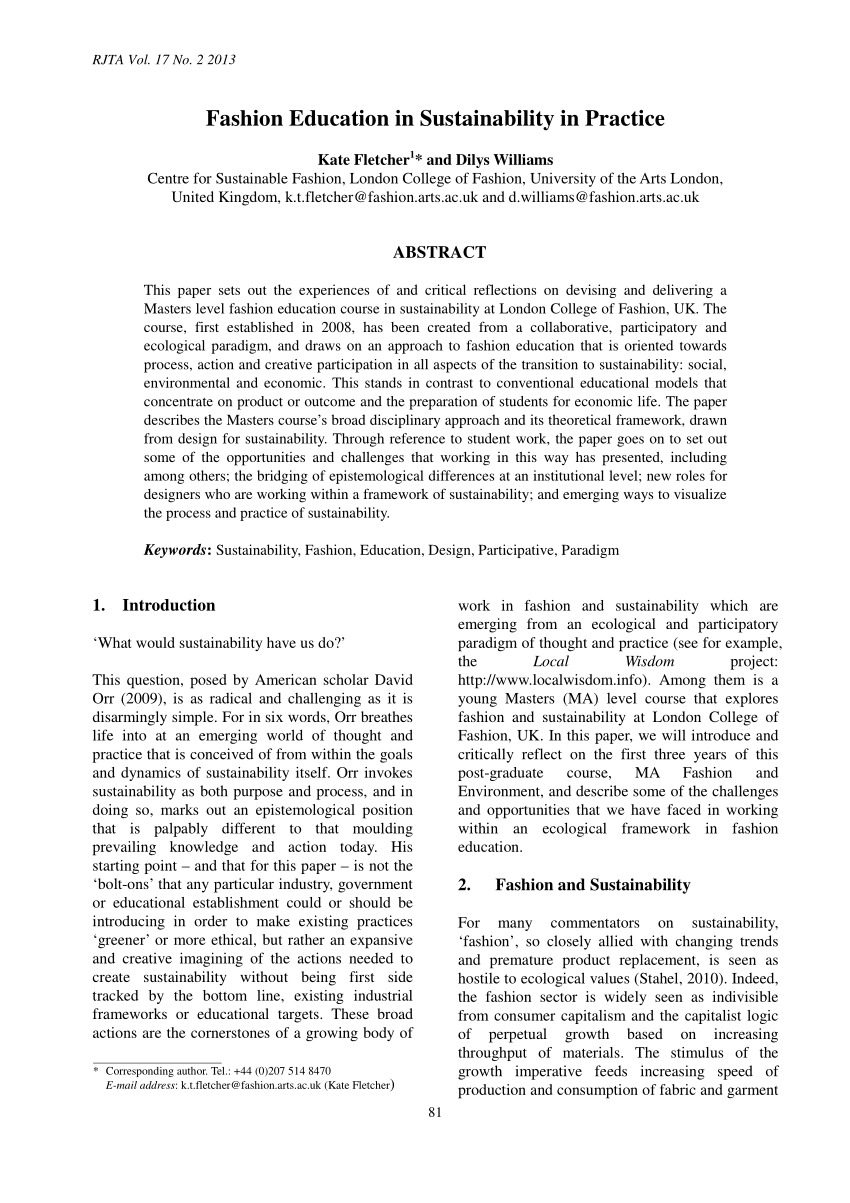
The Role of Fashion Schools
Fashion schools have a significant influence on shaping the future direction of the industry towards sustainable practices. These institutions play a crucial part in fostering environmental and social awareness among aspiring fashion professionals, equipping them with the knowledge and skills necessary to create positive change.
IV. Innovations in Fashion Education for a Sustainable Future
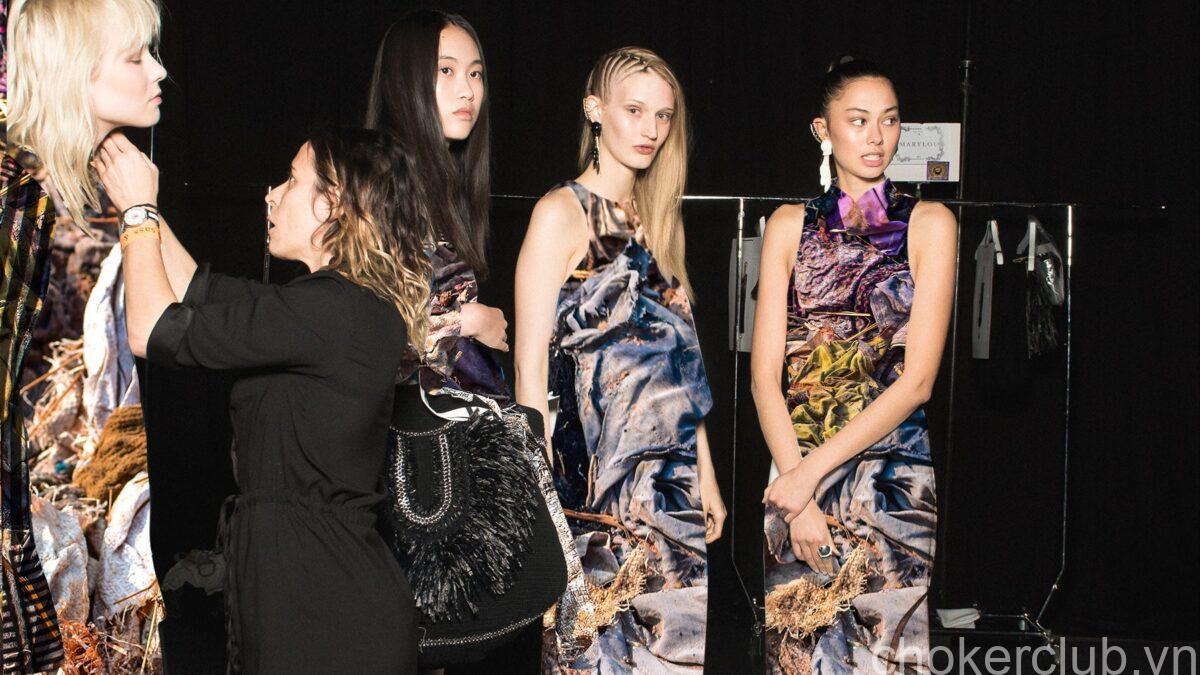
Rapid advancements in technology have paved the way for exciting innovations in fashion education, enabling the integration of sustainability into curriculum and pedagogy. One notable innovation is the use of virtual reality (VR) and augmented reality (AR) in fashion design courses. This technology allows students to create virtual prototypes, experiment with sustainable materials, and visualize their designs in virtual environments before physically producing them. It not only enhances the learning experience but also reduces waste and encourages sustainable design thinking.
| Innovation | Benefits |
| Virtual reality (VR) and augmented reality (AR) |
|
Another innovation in fashion education is the integration of sustainability modules across different disciplines. Fashion schools are incorporating sustainable practices, such as responsible sourcing and eco-friendly manufacturing, into business, marketing, and supply chain management courses. This interdisciplinary approach empowers students with a holistic understanding of sustainability in the fashion industry and equips them with the skills to drive change. By integrating sustainability across disciplines, fashion education not only fosters responsible practices within the industry but also prepares students to tackle sustainability challenges in their future careers.
V. Educating the Next Generation of Sustainability-Minded Fashion Professionals
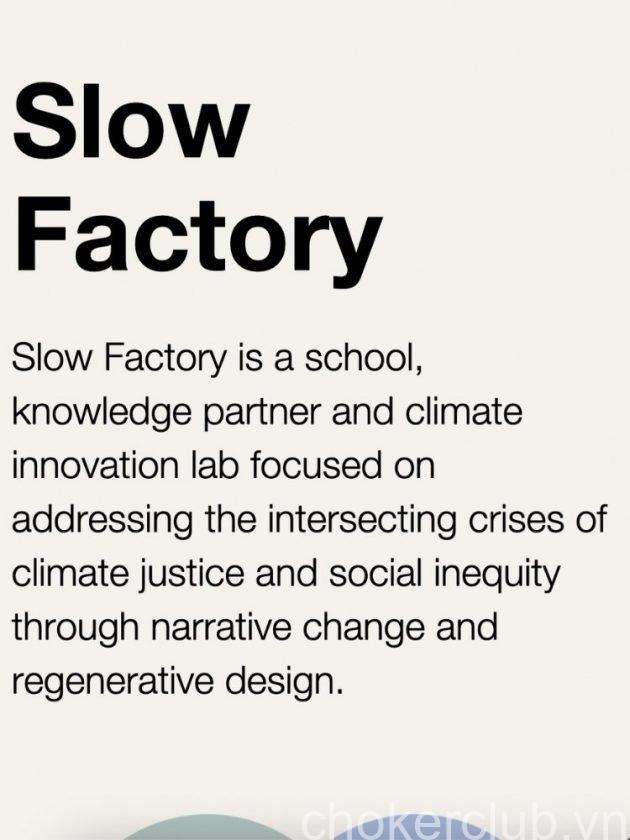
| Heading | Key Takeaway | |
| Fostering a Mindset of Responsibility and Innovation | – Fashion education emphasizes critical thinking and creative problem-solving for sustainable solutions. | – Integrating sustainability-focused courses and hands-on projects. |
| Creating Awareness of Sustainable Fashion Practices | – Guest lectures, workshops, and seminars featuring industry leaders and sustainability advocates. | – Case studies showcasing successful sustainable fashion brands and initiatives. |
| Nurturing Collaboration and Interdisciplinary Approaches | – Encouraging collaboration between different disciplines. | – Group projects promoting teamwork and problem-solving skills. |
VI. Collaboration and Partnerships: Creating Change through Fashion Education
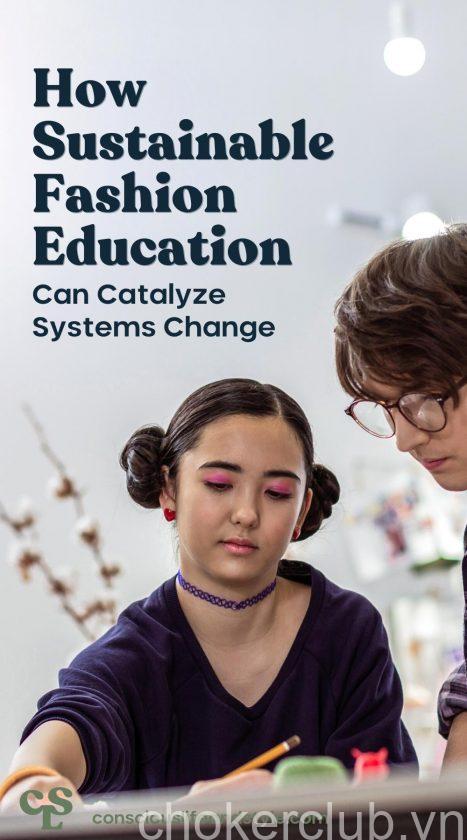
Collaboration and partnerships play a crucial role in driving change through fashion education for sustainability. By working together, different stakeholders can pool their ise and resources to create a more comprehensive and impactful educational experience. Fashion schools can collaborate with industry professionals, sustainable fashion brands, and environmental organizations to develop curriculum that addresses the pressing sustainability challenges faced by the fashion industry.
Through these collaborations, students can benefit from real-world perspectives and insights, gaining a deeper understanding of the practical applications of sustainability within the fashion industry. Moreover, partnerships between fashion schools and sustainable fashion brands can provide students with internship opportunities and access to sustainable production practices, allowing them to witness firsthand how sustainable fashion is created and implemented.
| Benefits of Collaboration and Partnerships in Fashion Education: |
| – Enhanced learning through real-world industry exposure |
| – Access to internship opportunities with sustainable fashion brands |
| – Integration of sustainable production practices into curriculum |
| – Networking opportunities with industry professionals |
Examples of Successful Collaborations in Fashion Education
There have been several notable examples of successful collaborations between fashion schools and industry partners that have driven positive change in sustainable fashion education. One such collaboration is between the London College of Fashion and Nike, where students have the opportunity to work on sustainable design projects with a focus on circular economy principles. This collaboration provides students with valuable hands-on experience in sustainable design practices and encourages innovative thinking.
Another example is the partnership between Parsons School of Design and Eileen Fisher, a renowned sustainable fashion brand. Through this collaboration, students gain exposure to Eileen Fisher’s sustainable supply chain practices, contributing to their understanding of sustainable business models and responsible sourcing. This partnership also includes mentorship programs and internships, providing students with invaluable industry connections and career opportunities.
| Examples of Successful Collaborations: | Fashion Schools | Industry Partners |
| London College of Fashion and Nike | London College of Fashion | Nike |
| Parsons School of Design and Eileen Fisher | Parsons School of Design | Eileen Fisher |
VII. Conclusion
In conclusion, fashion education plays a critical role in promoting sustainability within the industry. By incorporating sustainable practices into fashion education, students gain valuable knowledge and skills that can drive positive change. Fashion schools have a responsibility to prioritize sustainability and instill eco-consciousness in their curriculum. Innovations in fashion education are continuously emerging to address the pressing environmental challenges faced by the industry.
Furthermore, educating the next generation of fashion professionals with a focus on sustainability will ensure a more sustainable future. Collaboration and partnerships between educational institutions, industry leaders, and policymakers are also crucial for creating lasting impact and transforming the fashion industry.
At chokerclub, we believe in the power of fashion education to foster sustainable practices and inspire the next generation of fashion designers and professionals to make a positive difference towards a more environmentally conscious industry.

